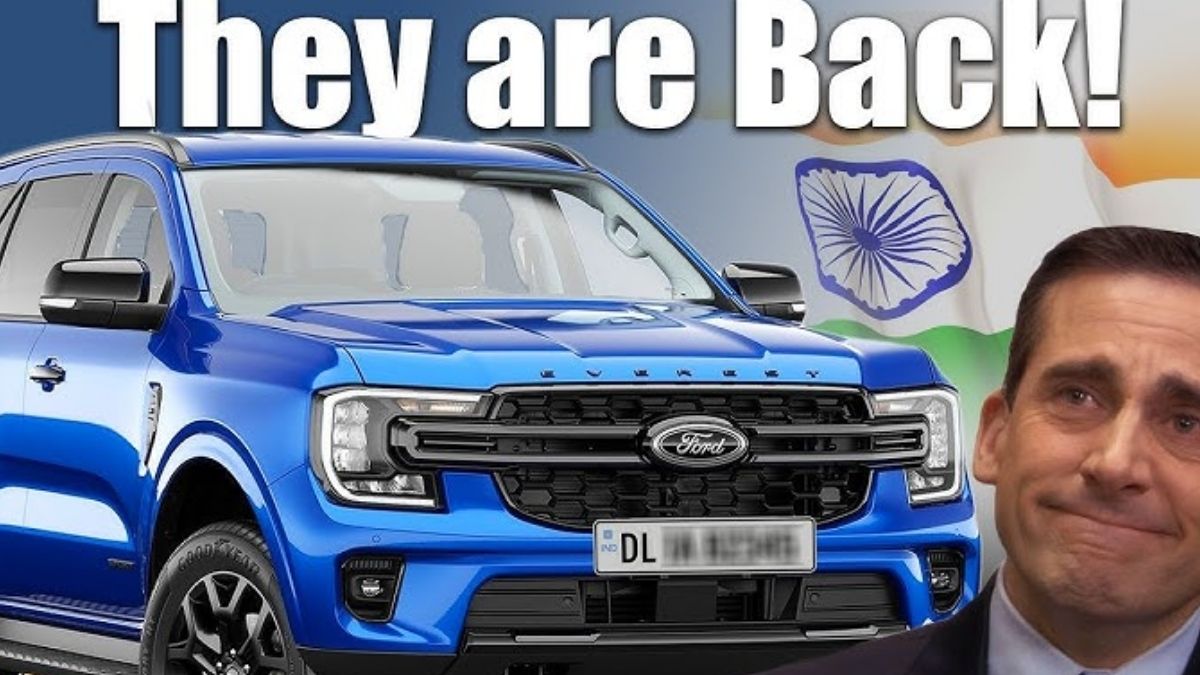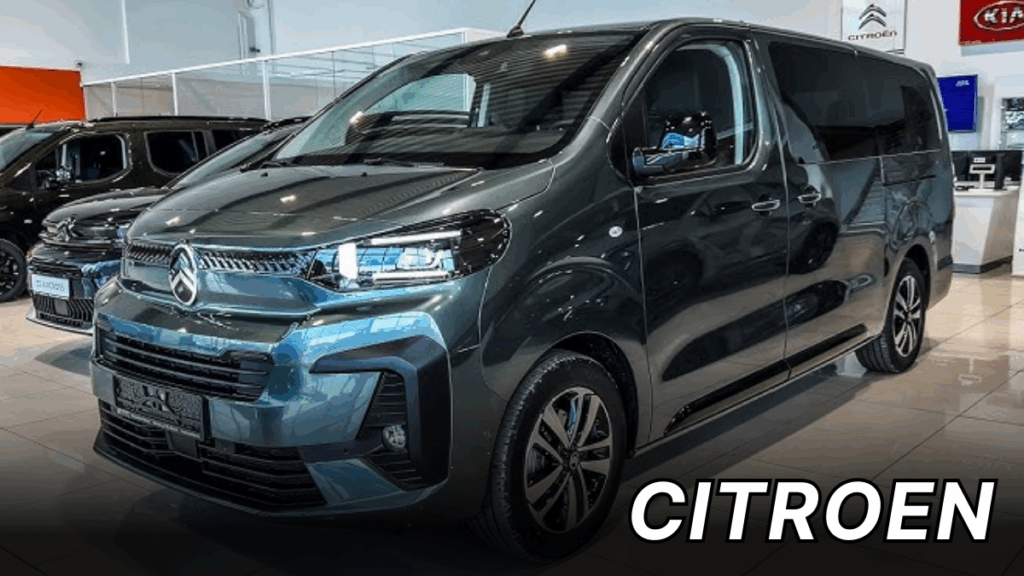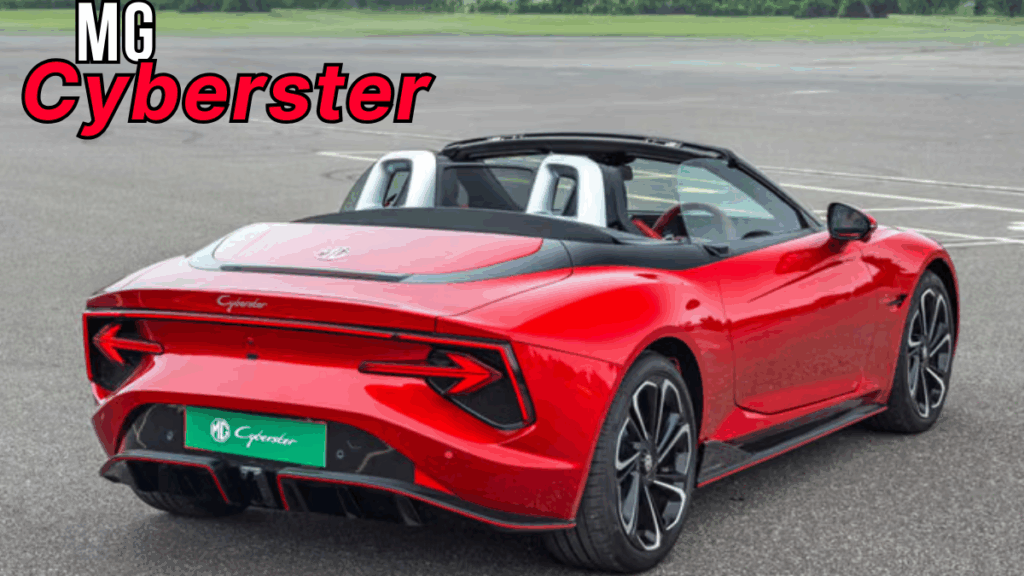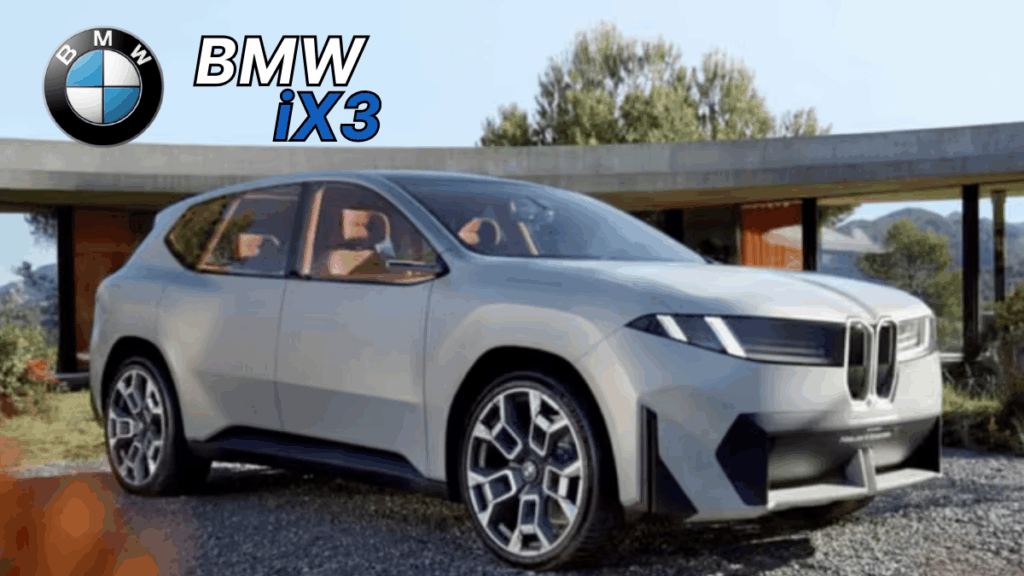Ford’s long-speculated comeback to India has reached a critical decision point. According to media reports, top leadership in Michigan is preparing to decide the fate of the company’s mothballed Chennai manufacturing facility, idle since mid-2022. Options on the table reportedly include reviving operations or writing off the investment entirely. While earlier plans explored restarting the plant for export-focused engine manufacturing, shifting global trade dynamics and rising barriers appear to have complicated that path. Meanwhile, Ford is visibly prioritizing Europe with significant commitments to its electric future intensifying the contrast with the uncertainty in India.
Below is a clear, well-structured overview of where things stand, what’s changed, and what it could mean for India’s auto ecosystem.
Background: How We Got Here

Ford halted local manufacturing in India, and by mid-2022 the Chennai plant had gone quiet. Since then, the company has been studying multiple reuse scenarios. One prominent idea was to repurpose the facility to produce engines for export markets. In principle, this could leverage India’s cost advantages and existing supplier base. However, evolving macro realities stronger protectionism, localized supply mandates, and complex tariff regimes have made such export-led utilization harder to justify.
Internally, the tone reportedly shifted from cautious optimism to concern. That shift reflects two converging forces: the tightening economics of cross-border auto trade and Ford’s sharpened capital discipline around its electrification roadmap.
Key Takeaways (Quick Summary)
Item |
Details |
|---|---|
Facility under review |
Ford’s Chennai plant (Tamil Nadu), idle since mid-2022 |
Current decision window |
Senior leadership in Michigan to determine next steps |
Options being weighed |
Restart operations vs. write off the investment |
Past idea on table |
Use plant for export-focused engine manufacturing |
What changed |
Trade barriers, shifting global demand, EV pivot |
Company stance |
“Position unchanged from late 2024” regarding Chennai |
Govt engagement |
Tamil Nadu urging clarity to revive industrial activity |
What’s unaffected |
Ford Business Solutions (FBS) in Chennai (~12,000 staff) |
Strategic contrast |
Ford is doubling down on Europe and electrification |
Official site |
The Decision Landscape: Two Divergent Paths
1) Restart and Reinvest
Reactivating the Chennai plant would send a strong, market-positive signal. It could reopen local manufacturing jobs, re-energize suppliers, and restore Ford’s industrial footprint in a country that remains one of the world’s largest auto markets.
However, restart economics are not trivial. Ford would need a compelling India product strategy—either fresh ICE nameplates that can carry volume and margin in a price-sensitive market, or a calibrated mix of hybrids/EVs with locally viable value chains. Component sourcing, regulatory compliance, and aftersales reboot would also require significant time and capital.
2) Write Off and Exit Manufacturing
Writing off the investment would bring clarity but also finality. It would cap Ford’s manufacturing chapter in India while freeing up capital and management bandwidth for Europe and North America, where the company is actively restructuring around electrification and software. The cost would be the lost option value of a rapid industrial comeback if market conditions improve.
Why Europe Is Taking Center Stage
Ford has been explicit about concentrating resources where the EV transition and regulatory frameworks align with its long-term strategy. Europe fits that bill. The company has already committed substantial funds to its German operations, launched an EV program in Cologne, and is building component hubs and battery R&D capacity in the UK. These moves reflect a broader, multi-year pivot: prioritize regions with clearer EV policy roadmaps, stronger charging and supplier ecosystems, and near-term product-market alignment.
In contrast, India’s mass-market price points, evolving EV ecosystem, and policy mix demand ultra-competitive cost structures and localization challenges that intensify if your initial plan leans on export economics rather than domestic volume.
What Ford Says Publicly
Ford’s stated view is that its “position in relation to the Chennai manufacturing facility has not changed from late 2024.” In practical terms, that means the company has not announced a firm restart, sale, or closure keeping the door open while it completes its internal review. At the same time, the Government of Tamil Nadu is urging Ford to clarify its plans, aiming to revive activity at the site and bolster the state’s automotive landscape.
What Will Not Change: Ford Business Solutions (FBS)
Regardless of the outcome for the plant, Ford’s Business Solutions (FBS) operations remain unaffected. Based in Chennai, FBS is a global hub for technology, engineering, and business services with a workforce of roughly 12,000 employees. As a services entity, FBS is insulated from tariff exposure and continues to be integral to Ford’s worldwide product development, analytics, software, and enterprise functions. This means Ford’s corporate presence in the city endures, even if manufacturing takes a different turn.
Implications for India’s Auto Ecosystem
- Jobs and Supply Chain: A restart could bring back direct employment and reignite business for tier-1 and tier-2 suppliers in Tamil Nadu. A write-off would prolong uncertainty and could nudge vendors to pivot toward other OEMs or sectors.
- Competition and Consumer Choice: Ford’s return would increase competition in key segments. Without it, India’s market continues to be served by incumbent players who are already ramping up portfolios and production.
- EV Readiness and Policy Signals: The decision will be read as a barometer of India’s attractiveness for global OEM manufacturing, especially under the EV transition. Clearer policy signals, localization pathways, and export incentives could materially influence outcomes like this.
- Trade Winds Matter: The episode underscores how global trade regimes, tariffs, and geopolitical currents can reshape plant-level decisions, even when local fundamentals skills, suppliers, costs are strong.
Scenarios to Watch Next
- A Calibrated Restart: Ford could choose a phased restart limited production runs, contract manufacturing, or a narrow product portfolio to test economics before scaling.
- Asset Repurposing or Transfer: If not used for Ford models, the plant could be retooled or transferred, subject to negotiations and regulatory approvals.
- Extended Pause with FBS Growth: Ford might keep the facility idle longer while expanding FBS, preserving optionality until trade and market conditions shift.
Frequently Asked Questions (FAQs)
Q1. Is Ford officially re-entering car manufacturing in India?
A. No formal announcement has been made. The Chennai facility is under review, and the company has said its position remains unchanged from late 2024.
Q2. What are the main options being considered for the Chennai plant?
A. Reportedly, the options include restarting operations or writing off the investment.
Q3. Why did plans to use the plant for export engines slow down?
A. Changing global preferences, increased trade barriers, and a company-wide pivot to electrification have complicated the economics of an export-led strategy.
Q4. Will Ford’s FBS operations in Chennai be affected?
A. No. FBS is a global services hub and continues to operate independently of manufacturing decisions.
Q5. What is the Government of Tamil Nadu’s stance?
A. The state government is urging Ford to clarify intentions to revive industrial activity and support the regional auto cluster.
Q6. Why is Ford prioritizing Europe now?
A. Europe has a clearer EV transition path, robust supplier ecosystems, and supportive policies, aligning with Ford’s near-term electrification strategy.
Q7. What would a restart mean for consumers?
A. More choice, potential competition in key segments, and renewed brand engagement—provided the product and pricing strategy fit India’s market realities.
Official Site
- Ford Motor Company: https://www.ford.com
For More Information Click HERE






